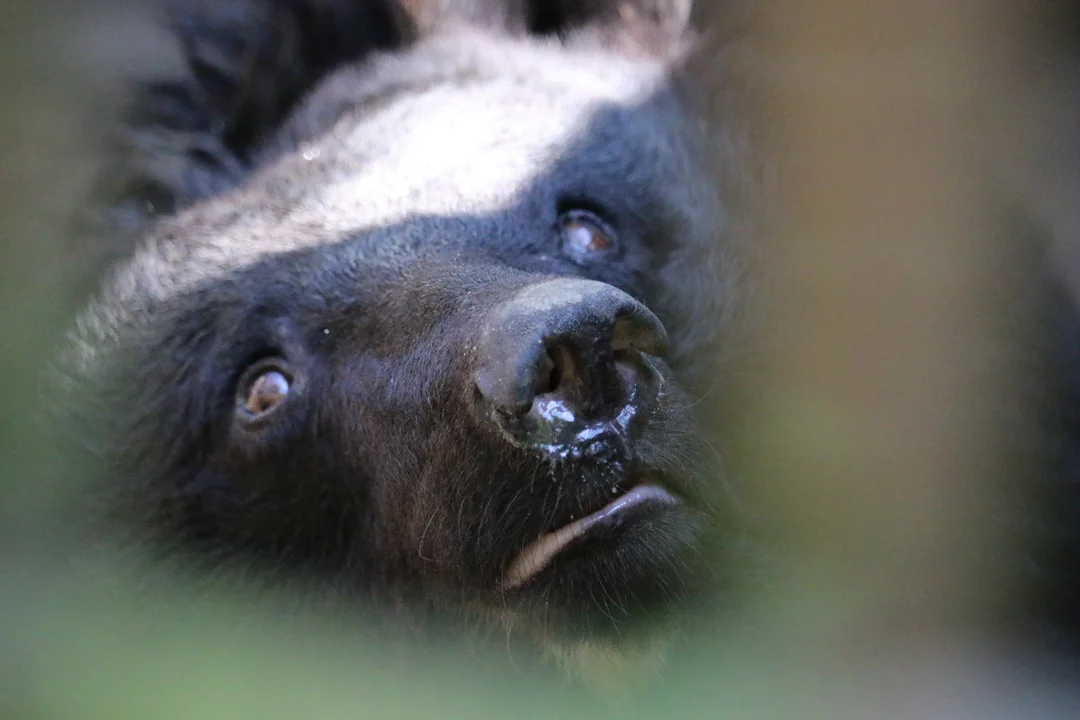
North Korea’s Illegal Wildlife Trade: A Dire Threat to Endangered Species
In a recent study published in Biological Conservation, researchers have uncovered alarming details about North Korea's illegal wildlife trade, which poses a substantial threat to endangered species. The findings highlight the urgent need for international intervention to protect biodiversity in a region already facing numerous ecological challenges.

According to the research conducted by UCL and other prominent institutions, North Korea's environment and wildlife are at risk due to unsustainable and illegal trade practices that breach both domestic laws and international conservation agreements. Despite having a regulatory system in place for protected areas and species, rampant hunting and trapping for black market trade persists. The report indicates that iconic animals such as Asiatic black bears and Eurasian otters are becoming victims of this illicit trade.
Lead author Dr. Joshua Elves-Powell emphasized that economic hardship exacerbates these practices: "The widespread harvesting of North Korea's wildlife, driven by the economic limitations and basic shortages experienced by many of its citizens, is an alarming threat to biodiversity." As the study reveals, North Korea's black market for wildlife flourished dramatically following the country's economic collapse in the 1990s.

What makes this issue more pressing is the role of the North Korean government in the wildlife trade. The state itself profits from illegal wildlife harvesting, making it a key player in the ongoing degradation of local ecosystems. Reports indicate that creatures protected under domestic law are being targeted for their furs and body parts, contributing to the decline of various species.
The findings underscore the urgency for China, a primary market for North Korean wildlife products, to curb domestic demand and exert diplomatic pressure on its isolated neighbor. Furthermore, the ecological implications extend beyond North Korea's borders, threatening regional biodiversity recovery and endangering species that migrate across the Korean Peninsula.

As the researchers conclude, if these trends continue, North Korea could become a bottleneck for migrating species, undermining long-term ecological recovery efforts. The challenges posed by wildlife trade in North Korea invite a larger conversation about the intersections of poverty, environmental degradation, and the preservation of endangered species.
What are your thoughts on the implications of this illegal wildlife trade? How can international communities better support conservation efforts in regions grappling with similar issues? Share your thoughts in the comments below!